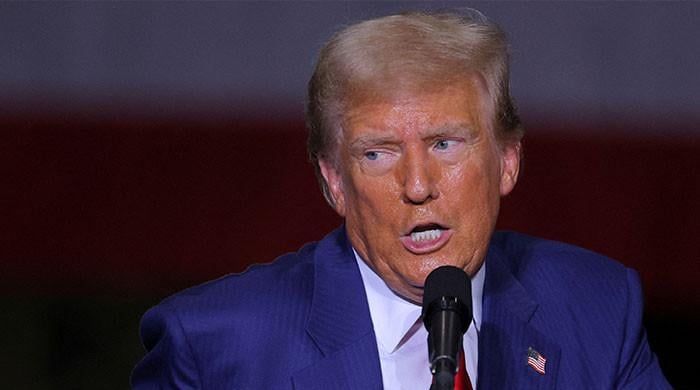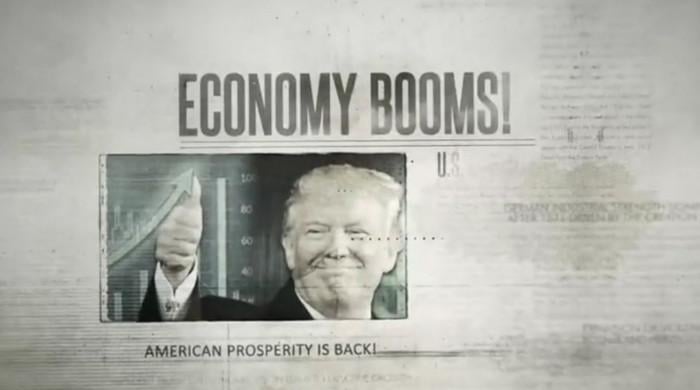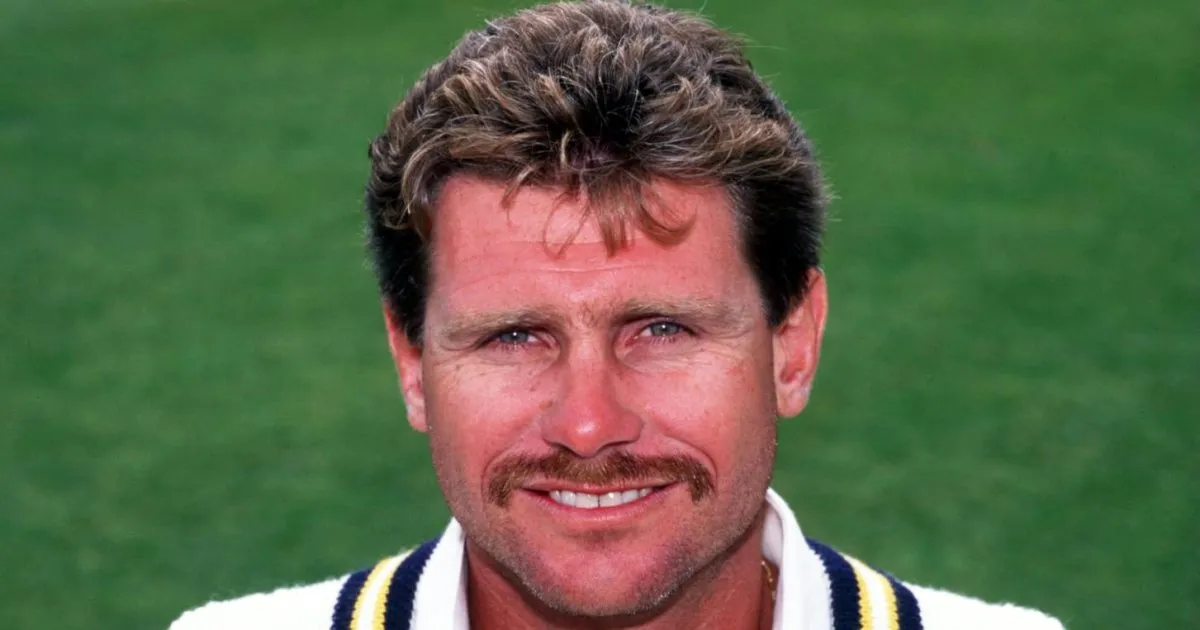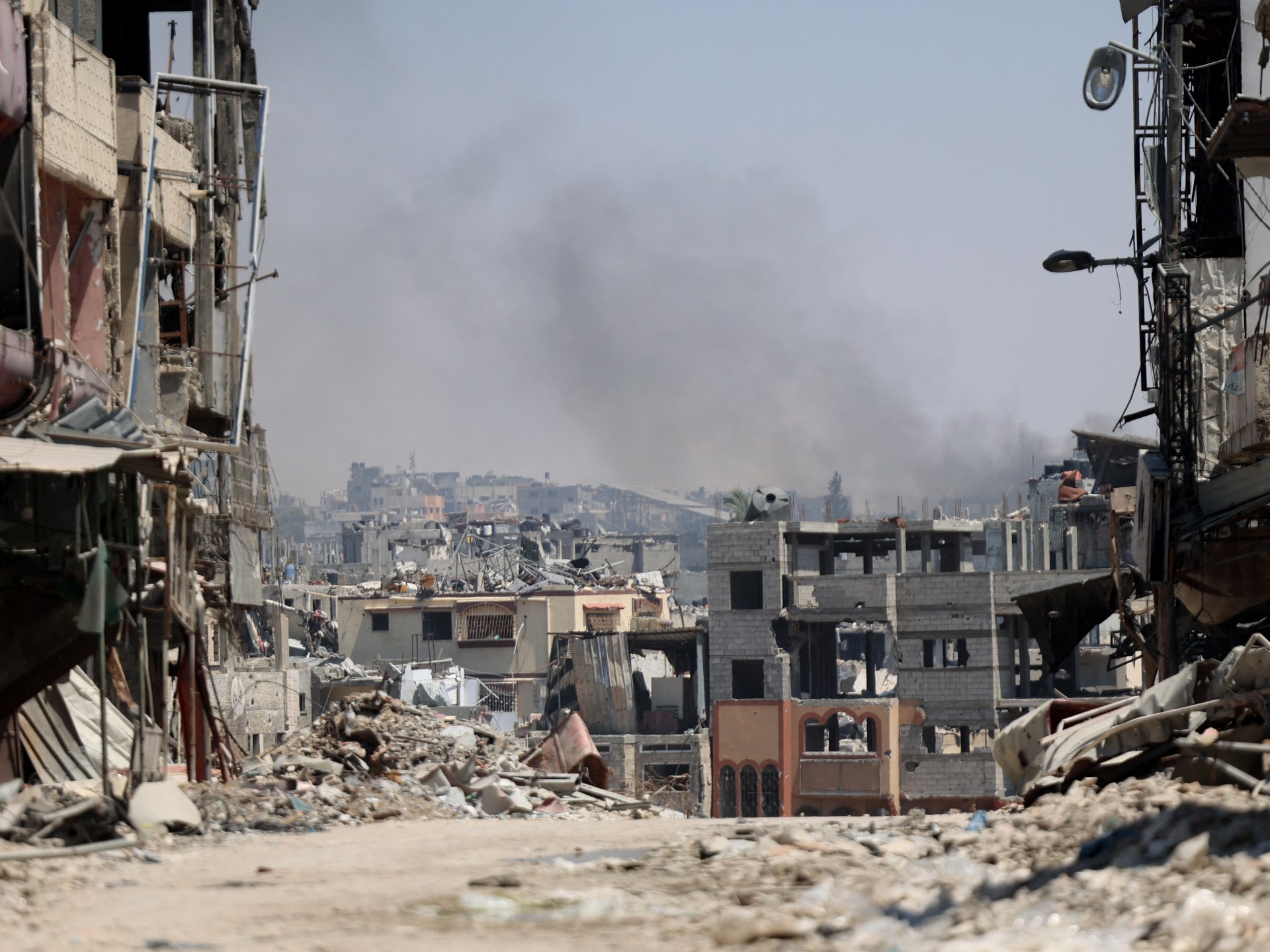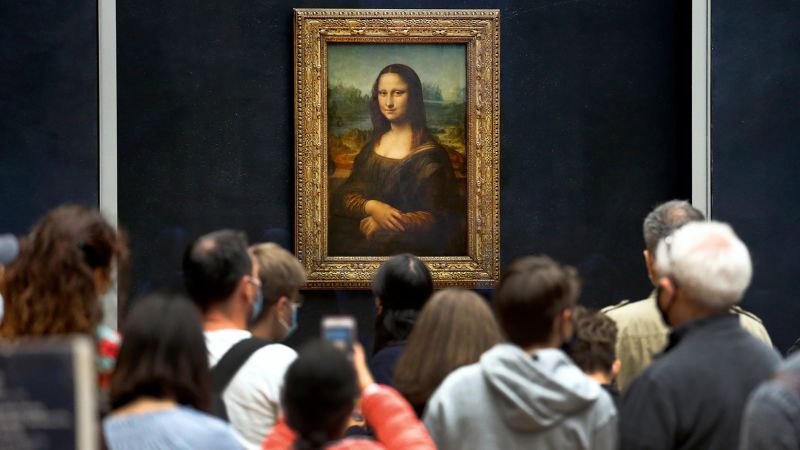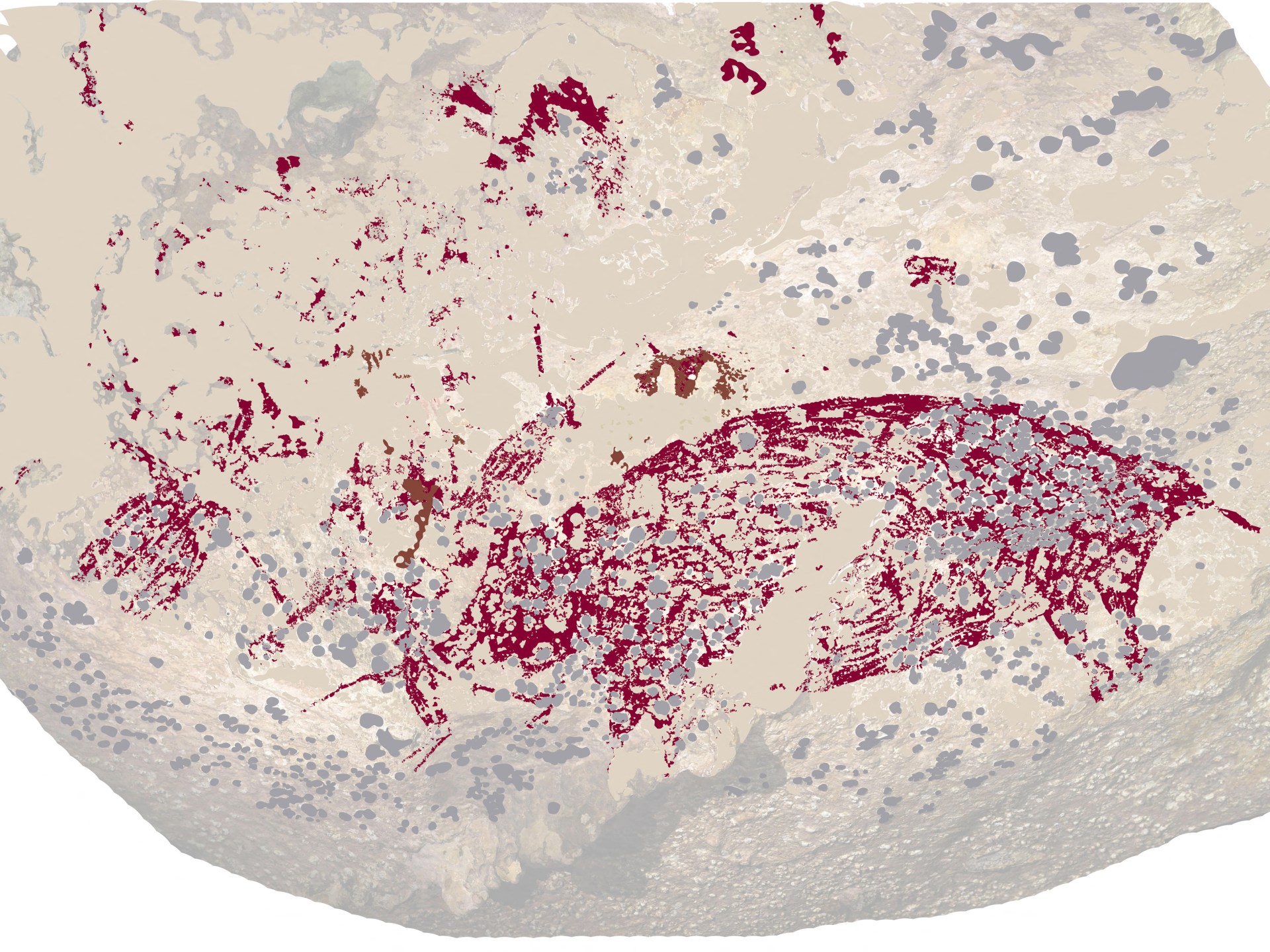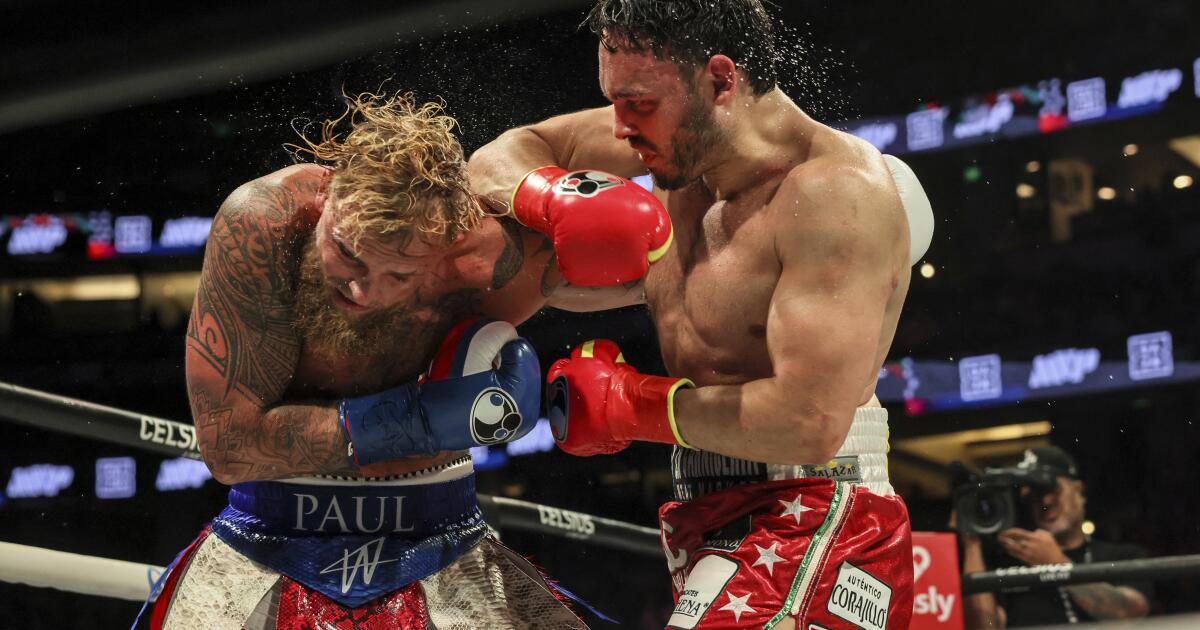NEW YORK: A New York judge is expected to rule Friday on Donald Trump's request to delay sentencing in his criminal case for buying money to silence his supporters until after the Nov. 5 election.
The former US president is scheduled to be sentenced on September 18, less than two months before the election in which Trump is the Republican presidential candidate.
In August, Trump's lawyers urged Judge Juan Merchan to delay the date, citing “obvious election interference targets.” Manhattan District Attorney Alvin Bragg, who brought the charges, is a Democrat.
Bragg's office did not take a position on Trump's request. Prosecutors said in a court filing late Thursday that the judge told the parties he would make a decision on Friday.
In the first criminal trial of a current or former U.S. president, Trump was convicted on May 30 of falsifying business records to cover up his then-lawyer's $130,000 payment to adult film actress Stormy Daniels for her silence before the 2016 election about a sexual encounter she says she had with Trump a decade earlier.
Trump denies the encounter and has vowed to appeal the verdict.
Falsifying business records is punishable by up to four years in prison, although sentences such as fines or probation are more common.
In pushing for Merchán to delay sentencing, Trump’s lawyers also argued that there would not be enough time before sentencing to potentially appeal the judge’s upcoming ruling on Trump’s request to overturn the conviction because of the U.S. Supreme Court’s July 1 decision on presidential immunity.
Merchan is expected to rule on the motion on September 16.
The Supreme Court's 6-3 ruling, related to a separate criminal case facing Trump, found that presidents cannot be criminally prosecuted for their official acts and that evidence of presidents' official actions cannot be used in criminal cases involving unofficial actions.
Bragg's office argued that its case involved Trump's personal conduct, so the verdict should stand.

